David Attenborough: A Force of Nature
Mammals, starts 14th April on BBC Nordic
We all know Sir David Attenborough as the iconic voice narrating so many beloved nature documentaries. His achievements are so vast that if we wrote down his full title it would be:
Sir David Attenborough OM GCMG CH CVO CBE FRS FSA FRSA FLSFZS FRSGS FRSB
So we won’t call him that, for the sake of our word count.
But how did he become the record-breaking national treasure we know today?
As we get ready to release the highly anticipated Mammals, narrated by the man himself, we thought we’d take a moment to delve into what shaped his career and led us to his most recent project.
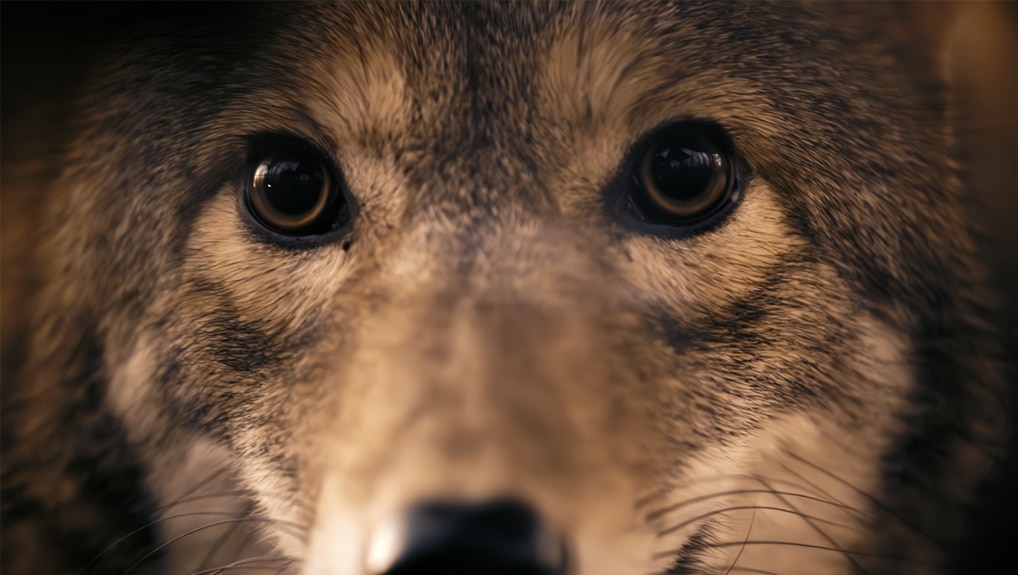
David was born in London in 1926 and grew up immersed in education, literally living on the campus of the University of Leicester where his father was the principal. Not only was he surrounded by curious minds, but kind souls, as his parents adopted two Jewish refugees to live with him and his two brothers. In fact, his adoptive sister Marianne gave him a piece of amber containing prehistoric creatures which became the focus of his show The Amber Time Machine 60 years later.
It’s fair to say that his love of nature was allowed to flourish (and he was encouraged to get his hands dirty) as he sold newts to the zoology department which he found in nearby ponds. As he got older, he started to attend lectures and felt inspired to pursue a degree in geology and zoology, which he obtained from Cambridge university after being awarded a scholarship. Little did he know, he’d eventually be awarded 32 honorary degrees on top of this one and at least 18 species would be named after him - our favourite being the long-necked dinosaur Attenborosaurus!
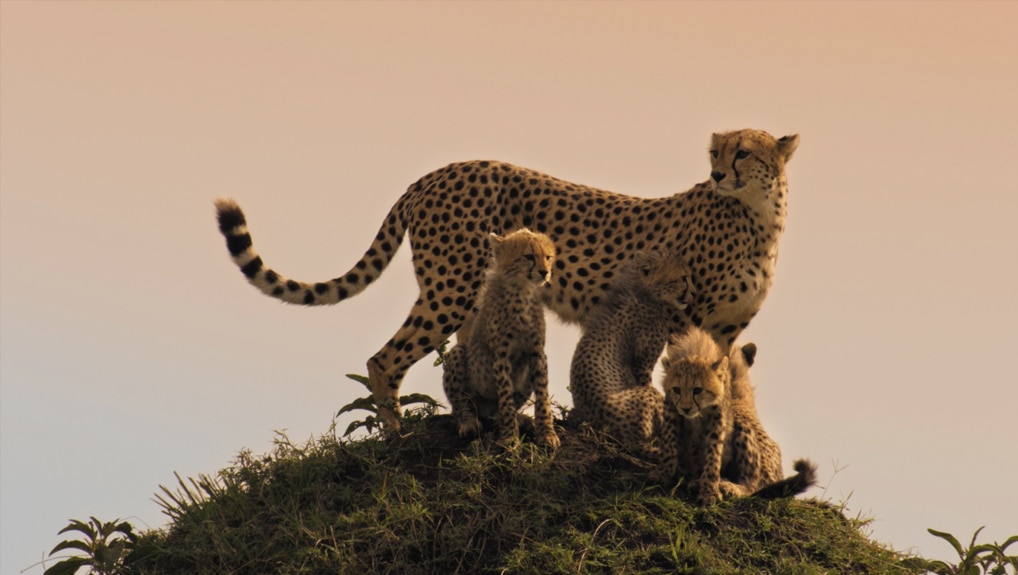
His career was briefly delayed by a call to National Service, but after a stint in the Royal Navy and a job editing children’s science textbooks, David joined the BBC team as a trainee in 1952. Funnily enough, the woman who hired Attenborough dissuaded him from pursuing a career in presenting because she thought his teeth were too large, and at this point he didn’t even own a television, but that didn’t stop him from learning how things worked behind the scenes and coming up with his own ideas - including a series about animal collecting which would end up being completely life changing.
This new series was set to be hosted by Jack Lester, the curator of the zoo’s reptile house, but Attenborough ended up stepping in last minute when Lester became ill. So, through a sudden turn of events, Attenborough became the host of Zoo Quest. We often think of Steve Irwin wielding pythons, but Attenborough was also known as a hands-on and daring host, as he handled live, exotic animals, always with his trademark calm voice we know and love today. How he stayed so calm, we’re not sure, but his genuine love of animals was palpable.
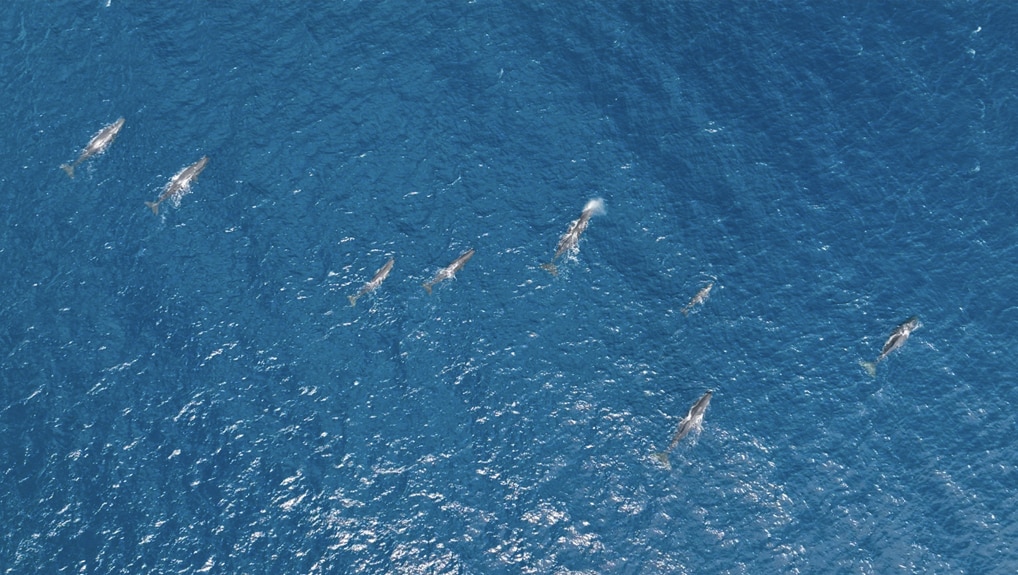
It’s hard to fathom now that we’re spoiled with IMAX and ultra-HD, but this was all happening in black and white. It wasn’t until 1965 that screens turned technicolour and David was there to oversee the first colour broadcast in Europe in 1965, beating the German broadcasters by just three weeks. This new technological advancement breathed life into nature documentaries (also leading to his team televising the first ever snooker games!) and he was commissioned to create Ascent of Man and Civilisation which stunned viewers with vibrancy and colour, and so David soon rose up the ranks to become a BBC executive and struck a deal to keep travelling and hosting his own shows.
He kept going from strength to strength as he was nominated for the Best Wildlife Documentary of all time in 1987 with Meerkats United (not a football team, but an episode of Wildlife on One). Well-deserved indeed, as David showed the world the social structures, rivalries, and romances of this adorable branch of the Mongoose family. Did you know meerkats are immune to venom and don’t drink water? Well, you do now!
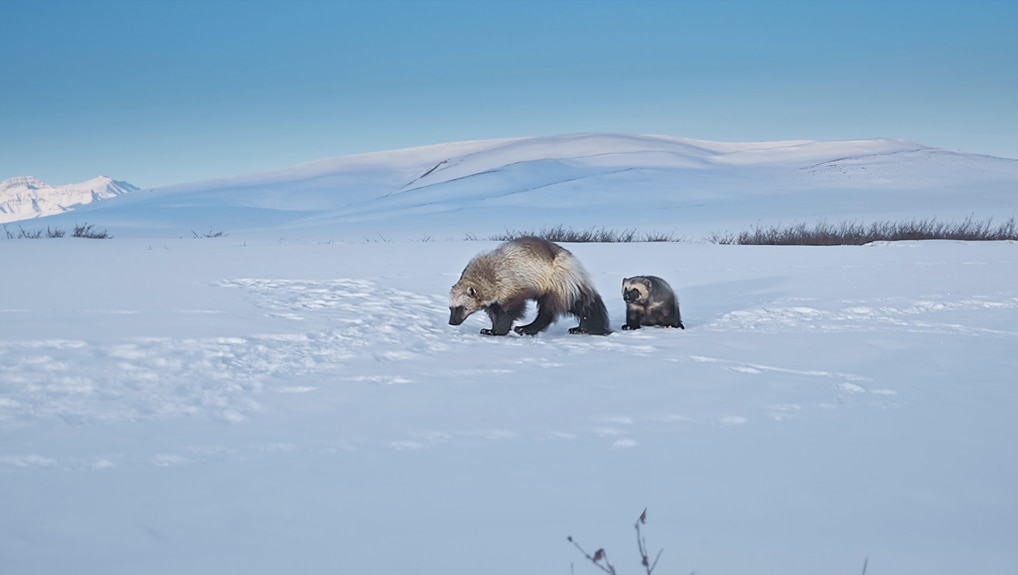
Attenborough’s depth of knowledge became unbeatable (literally, as he broke the record for the deepest dive when he headed 1000ft into the Great Barrier Reef) and the calibre of his documentary footage stunned the world. Blue Planet took five years to film and went to 200 different locations to show us creatures that had never been captured on tape before. Planet Earth took nearly as long to film, taking Attenborough’s crew four years, and we recently got the third instalment in 2023 to critical acclaim.
Away from the camera, Sir David was officially recognised as a Champion of the Earth by the UN Environment programme, and he has been a consistently vocal ambassador for sustainability. His pioneering work has helped scientists across the world, raised awareness and awoken the interests of huge global audiences. Not only has he been knighted TWICE, been nominated for a Nobel peace prize, and won multiple Emmys and BAFTAs, but most importantly, he won the nation’s hearts.
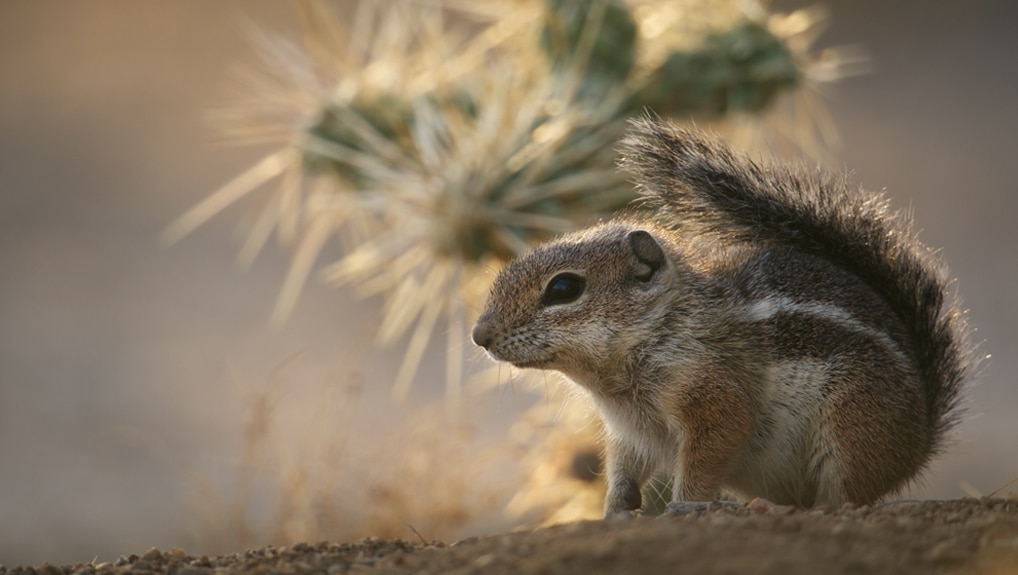
This brings us to Mammals! It’s been two whole decades since Attenborough released ‘Life of Mammals’ and this new series shows a fresh understanding of these incredibly varied creatures through six episodes, starting with nocturnal mammals and how they use darkness to their advantage.
I know we’ve gone back a long way with our whistlestop tour of Attenborough’s career, but this series stretches back 66 million years ago to when mammals were first set free to explore the planet after the dinosaur extinction. The topic of mammals is no easy feat, as they can be found in every continent, in oceans, jungles, deserts and skies, and the episodes explore how heat, cold, dark, and light have affected the Earth’s creatures and the incredible ways animals have adapted. Yet again, we’re getting a rare insight into a range of animals, showing their intelligence and resilience, all with top-notch footage and of course, Attenborough’s iconic voice guiding us through every precious moment.
With Roger Webb as the executive producer, he told the BBC he was a huge fan of ‘Life of Mammals’ 20 years ago, and jumped at the chance to be part of Attenborough’s legacy with a fresh take on how mammals have adapted as the world has changed. He tells us that Attenborough is a ‘master storyteller’ and we can’t wait to hear the stories of the Earth’s mammals, from 66 million years ago to what we’re facing today. Series producer Scott Alexander told us how excited he is by the sheer number of locations and the genuine love of animals that shines through the footage. With different producers for each episode, they are all clearly made with so much adoration and care. And it's clear that Attenborough’s standards remain stunningly high, lending his insights to documentaries of such high standards even at 97 years old. He truly is a force of nature, and this is certainly not to be missed.
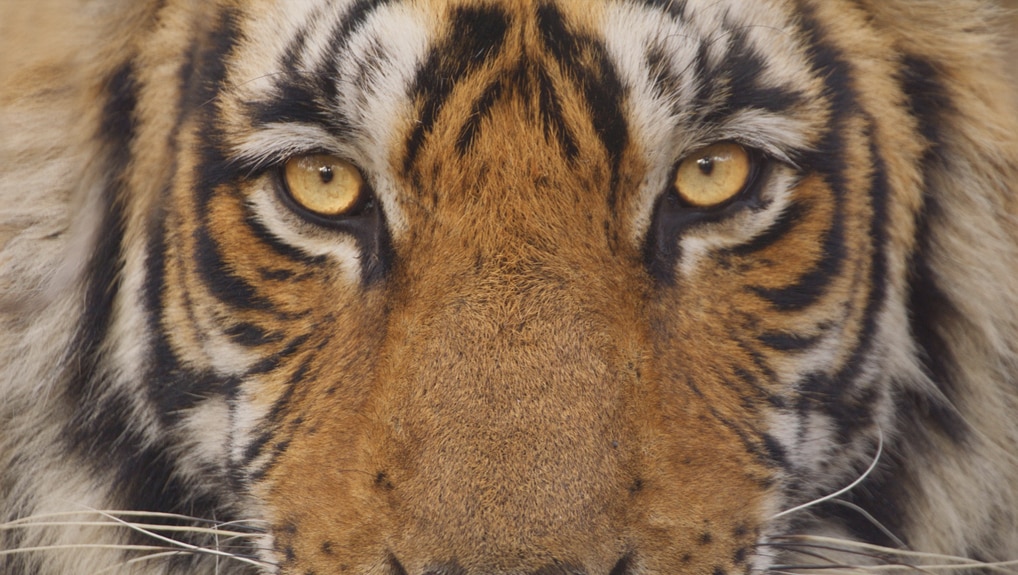
Mammals, starting Sunday 14th April on BBC Nordic
By Cait O’Sullivan
